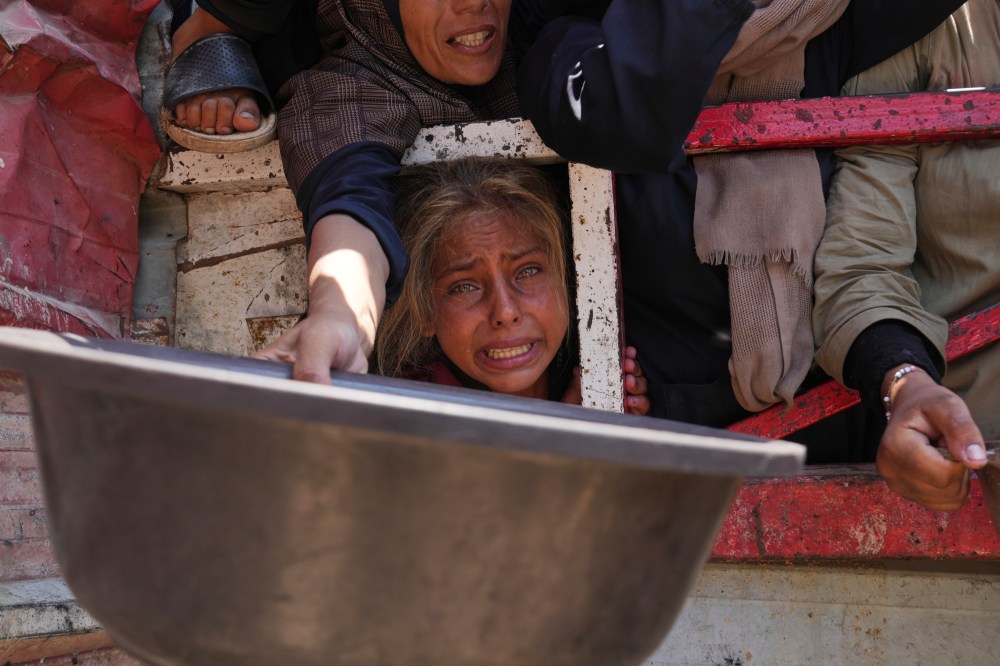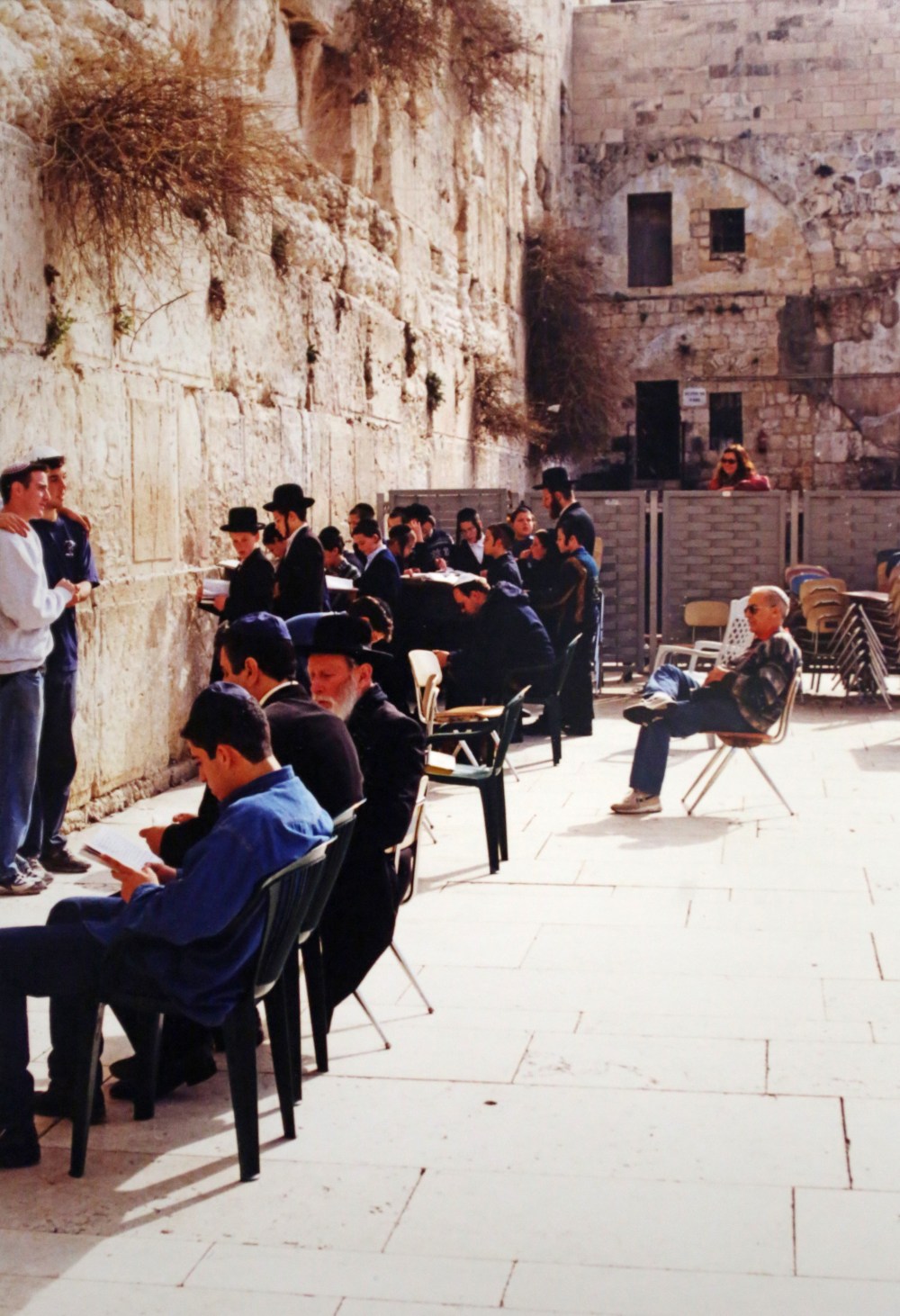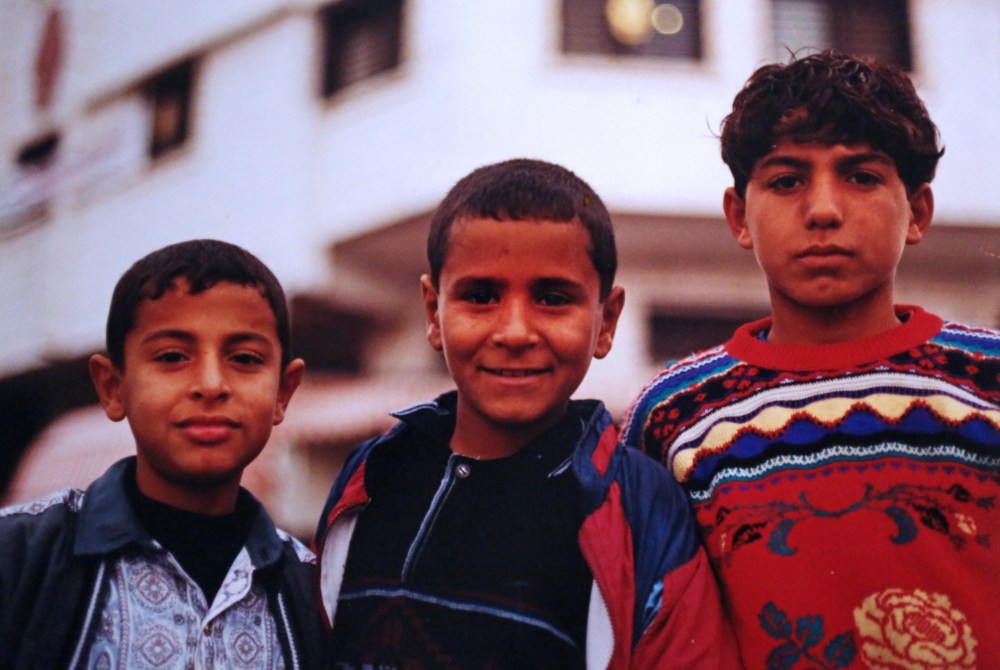Peace must come from people, not politicians
Advertisement
Read this article for free:
or
Already have an account? Log in here »
We need your support!
Local journalism needs your support!
As we navigate through unprecedented times, our journalists are working harder than ever to bring you the latest local updates to keep you safe and informed.
Now, more than ever, we need your support.
Starting at $15.99 plus taxes every four weeks you can access your Brandon Sun online and full access to all content as it appears on our website.
Subscribe Nowor call circulation directly at (204) 727-0527.
Your pledge helps to ensure we provide the news that matters most to your community!
To continue reading, please subscribe:
Add Brandon Sun access to your Free Press subscription for only an additional
$1 for the first 4 weeks*
*Your next subscription payment will increase by $1.00 and you will be charged $20.00 plus GST for four weeks. After four weeks, your payment will increase to $24.00 plus GST every four weeks.
Read unlimited articles for free today:
or
Already have an account? Log in here »
“Revenge is not a policy.”
— Israeli sociology lecturer Tamara Parush
In late 1998 and early 1999, little more than a year before the second Intifada — the second uprising of Palestinians against Israeli occupation — I was a young backpacker, fresh out of university, exploring the Middle East on a seven-month research trip.

Between the holy Christmas break and the coming new year, I found myself holed up at a kind of youth hostel in West Jerusalem that was run by a friendly Jewish couple who must have been in their early seventies. I’ve spent the last few days combing through my files and journals looking for their names, but I’ve lost them to time.
Both the man and his wife were the last surviving members of their respective families, coming out of the Nazi-driven holocaust in Germany, and the gas chambers that had robbed them of their kin — all of them.
The husband sat with me one afternoon on the steps outside his building, shortly before I left to tour Gaza with the Mennonite Central Committee. We sipped coffee on the steps while he told me how he had managed to find his way from Europe to Israel following the Second World War. And in his heavily accented English he painted me a picture of how he met his wife, and how they sought solace in each other, and how they built their own family together, out of a world of suffering and misery.
He also told me one other thing — that he wanted his family to live in peace, so that they never had to go through the same hell that marked his own childhood.
At 23 years old, I had never had the chance to meet survivors of the concentration camps, and speaking with him about his life and experiences had made those horrors far too real. I have never forgotten that afternoon, and God willing I never will.
A few days later, I found myself bumping along in a vehicle on my way to Gaza with three members of the MCC team stationed out of the organization’s Jerusalem office. On the way we stopped in Canada Park, a national park in the Israeli-occupied West Bank that once was home to several Palestinian villages — all destroyed by Israeli forces during the Six-Day War in 1967.
In the middle of the park is a forest that was planted to commemorate hundreds of American and Canadian Jews who died in the various Israeli wars or as victims of terrorist attacks. But the park is also home to cactus plants in oddly regimented rows that mark the place where Palestinian homes once stood.

“The cactus (that) used to mark each Palestinian family’s borders could never be weeded out,” I wrote in one of my journals, “and grow there still.”
As Canadians, we live so far from the sorrows of the Middle East, but the history of the region has been a part of their everyday lived experience, for both Israel and Palestinians alike. After how many failed attempts to restart peace talks over the last two decades, however, sorrow, vengeance, bloodshed and terror have dominated that experience.
A recent report titled “Our Genocide” by the Israeli-Palestinian human rights group B’Tselem condemned Israel’s ongoing war in Gaza, which has killed at least 60,000 Palestinian people — many of them children.
United Nations Emergency Relief has stated that conditions on the ground are beyond devastating, with food running out, and people risking the chance of being shot while trying to feed their families. This bloodshed was sparked by the terrorist group Hamas in an attack on Israel on Oct. 7, 2023, which killed 1,139 people, and in which some 250 people were taken hostage. This was a senseless act of terrorism that demanded a strong Israeli response. Nearly two years on, and still not all of the hostages — alive or dead — have been released.
How should we as Canadians respond to what is happening?
Last week, Canadian Prime Minister Mark Carney accused Israel of obstructing humanitarian aid to Gazans, and publicly condemned the Israeli government’s failure to prevent the “rapidly deteriorating humanitarian disaster” in Gaza.
“Israel’s control of aid distribution must be replaced by comprehensive provision of humanitarian assistance led by international organizations,” Carney said. “Many of these are holding significant Canadian-funded aid which has been blocked from delivery to starving civilians. This denial of humanitarian aid is a violation of international law.”

The Associated Press yesterday reported that Israeli Prime Minister Benjamin Netanyahu claims no one in Gaza is starving, even as — surprisingly — U.S. President Donald Trump disagreed with his assessment, while noting the images coming out of the region of emaciated people.
“Those children look very hungry,” Trump told reporters.
Carney’s decision to call out Israel for forcing starvation upon the Palestinian population, while controversial, was the right one. Such an action goes far beyond the necessities of war or of any military action.
Canada’s continued support for a two-state solution is still the best option — a point Carney reiterated again on Monday.
“We continue to support a two-state solution with a free and viable Palestine, living side by side in peace and security with Israel,” Carney told reporters yesterday.
But international pressure from the U.S., Canada and Europe has done little to end this humanitarian disaster, and I question what peace can come out of this horrific situation.
In recent weeks, I often think back to my time in Jerusalem, and I wonder how the couple of my acquaintance would view what is happening in Gaza right now, considering everything that they had gone through. No doubt they have passed on, even as their descendants carry forward.

Perhaps their sons or daughters are among the growing number of Israelis who are speaking out against Netanyahu, and the possibility of war crimes being carried out in their name.
“This is a war of destruction,” said Coun. Itamar Avneri, with the Tel Aviv City Council. “The Gazans are our neighbours.”
If there is to be peace in Israel and Palestine — or any hope for change — it will not come out of pressure from a Canadian prime minister or even a U.S. president, but rather from the people caught up in the conflict who want to see it end.
» Matt Goerzen is the managing editor of The Brandon Sun.
